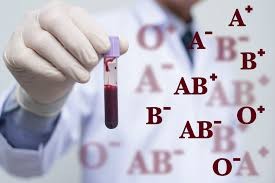Researchers have discovered that people with A, B, and AB blood types may be at risk of cardiovascular heart attack than people with O blood types.
Lead study author Tessa Kole, of the University Medical Centre Groningen in the Netherlands, and colleagues say that their discovery suggest that healthcare professionals should consider a person’s blood group when checking their cardiovascular risk.
Malnutrition, sedentary lifestyle and smoking can increase risk of heart attack. However, some risk factors like age, gender, and a family history of heart disease can not be changed but managed.
Researchers suggested blood type based on the last research, non-O blood group
are at 9 percent greater risk of cardiovascular disease.
Kole and team discovered this by conducting a meta-analysis of studies that reported participants’ blood types and the cases of different cardiovascular events.
The researchers used data of 1.3 million adult’s data to assess how each blood group might impact the risk of different coronary events.
The team identified 771,113 individuals with a non-O blood group and 519,743 individuals with an O blood group in the analysis of all coronary events.
Among people with a non-O blood group, 1.5 percent experienced a coronary event, compared with 1.4 percent of people with an O blood group.
Having a non-O blood group is associated with a 9 percent increased risk of coronary events and a 9 percent increased risk of cardiovascular events,
Blood group should be considered in cardiovascular risk assessments.


